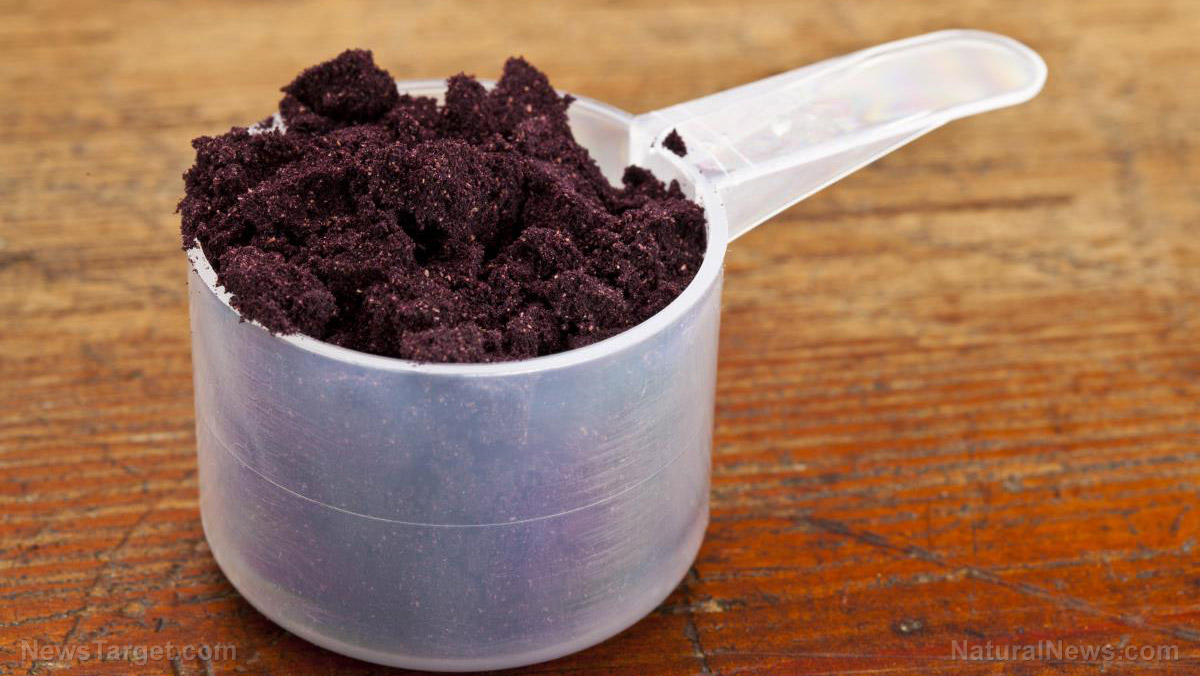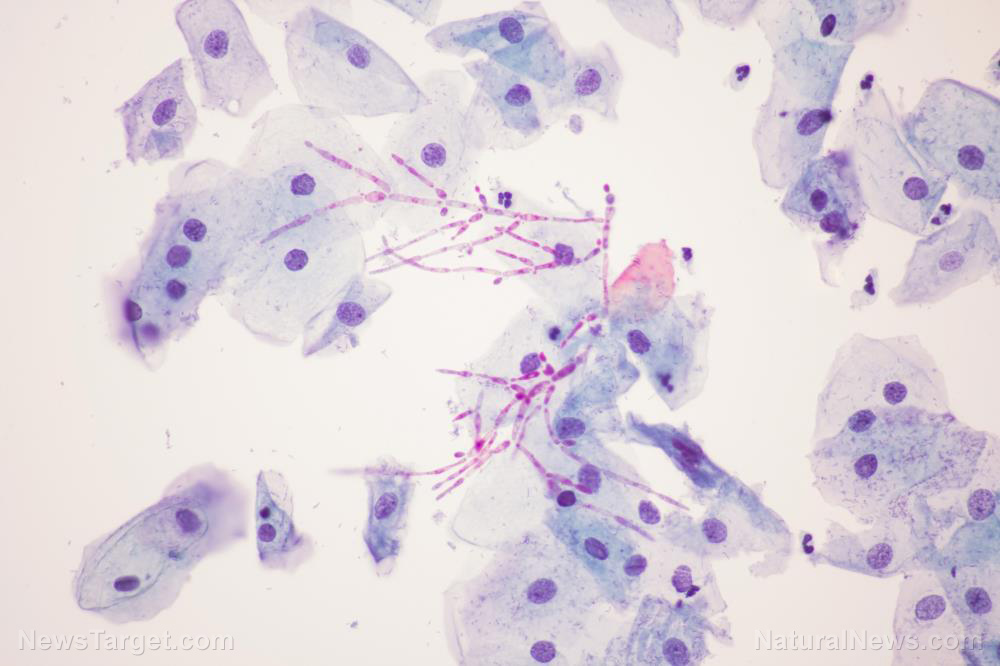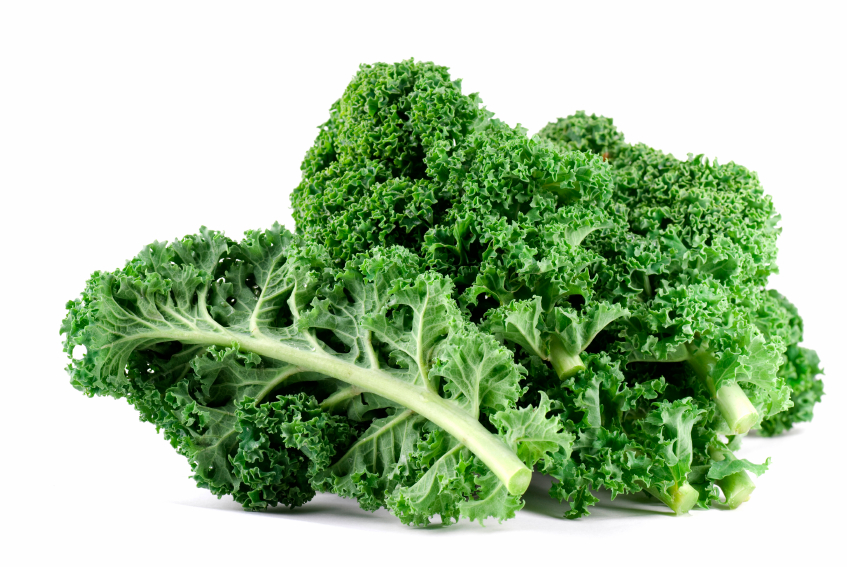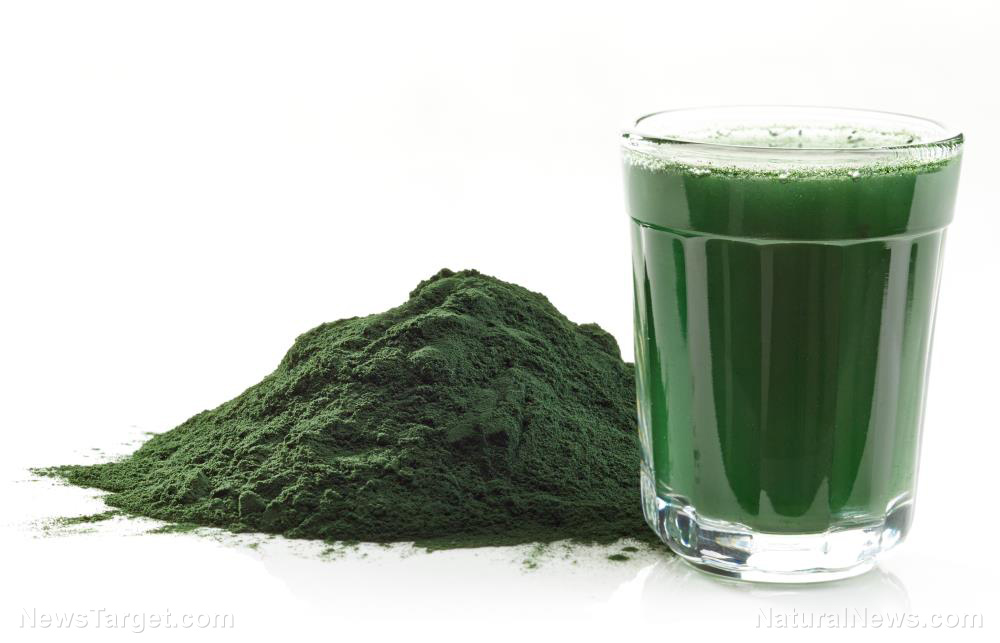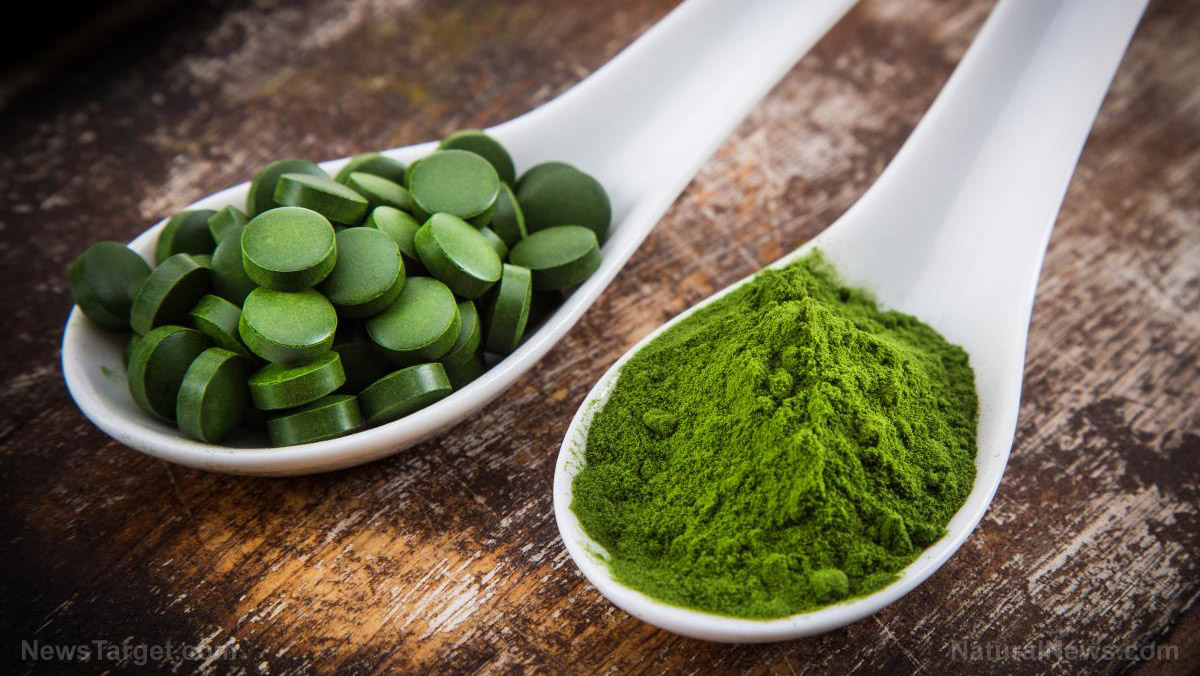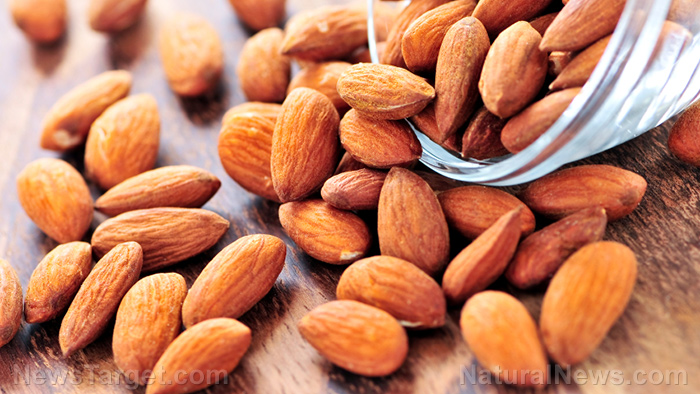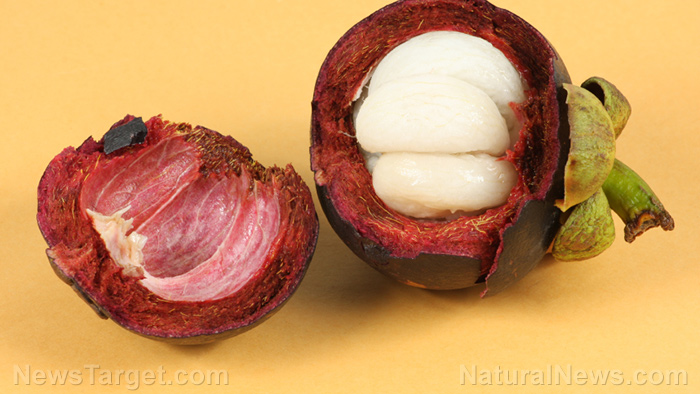Agave and gut health: Research finds freeze dried stems are an effective prebiotic
11/21/2018 / By Janine Acero

The agave plant (Agave salmiana) has potential prebiotic benefits, according to a study published in the journal LWT – Food Science and Technology. The Mexican plant is found to contain fructooligosaccharides, a prebiotic sugar that can be food for the beneficial bacteria in our gut called probiotics, which in turn provide us with a plethora of health benefits.
“Agave species are only exploited for the production of alcoholic beverages. Few reports of beneficial effects of fructans obtained from A. salmiana have been presented and therefore the goal of this study was to examine the specific stimulation of probiotic bacteria by A. salmiana powder in comparison to commercial prebiotic products with different bacteria,” wrote the researchers from the Universidad Autonoma de San Luis Potosi in Mexico and Justus Liebig University Giessen in Germany.
The research team compared the powdered version of the A. salmiana variety to two different prebiotic ingredients from the market – branded inulin powders called Orafti HP and Orafti GR, manufactured by BENEO GmbH.
The plant was harvested around the Laguna Seca meszcal factory in San Luis Potosi. The researchers then extracted the juice of a dried stem via freeze-drying for analysis. The team analyzed the extract’s carbohydrates, fructose, and glucose levels, then distilled the agave powder and the commercial inulin powders in water.
The findings revealed that A. salmiana had glucose at 1.6 higher concentration than the inulin powders, although the rest of the analyzed compounds were seen to be in higher concentrations in the commercial brands than the agave extract.
The plant’s effects on the gut microbiota generated interest in the scientific community, with more studies conducted on human and animal models analyzing agave fiber’s health and weight management potential, and its ability to boost Bifidobacterium in the gut, a type of probiotics that produces lactic acid.
Tequila base and more
Apart from being the base ingredient for tequila, agave has been found to be a nutritious plant with health protective benefits. According to LiveStrong.com, all forms of agave (except the nectar) are a good source of iron, a mineral that moves oxygen from the lungs to other parts of the body. (Related: Agave fiber found to improve gut health, help maintain healthy weight.)
Agave can be eaten raw, cooked, or dried, which are the best ways to absorb most of its nutritional value. However, agave is more commonly made into nectar, which is a thin syrup that is used as a substitute to granulated sugar, much like honey. It can be added in smaller quantities in baked goods, as it is sweeter than traditional sugar.
When eaten raw (as in a salad), agave can supply your body with 1.8 mg of iron per 100 g serving, while cooked agave contains 3.55 mg of iron for the same serving. Dried agave contains 3.65 mg of iron per 100 g serving. Agave served raw, cooked, or dried is also a good source of calcium, as well as zinc, which is necessary for healing wounds.
Agave, as mentioned in the above study, has prebiotic potential that can be beneficial to gut health. It is also a good source of fiber and saponins, which can help lower cholesterol levels.
Sources include:
Tagged Under:


